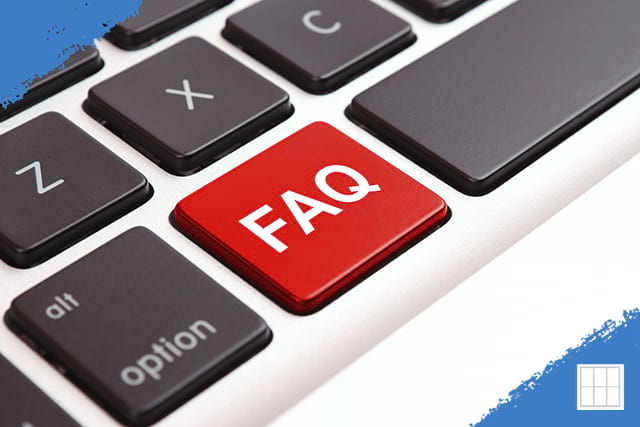For a first-time homebuyer in Kansas City, purchasing your first property is an exciting milestone—but…

Frequently Asked Questions About Mortgages FAQs
Navigating the mortgage process can be daunting, especially for first-time homebuyers. Here, we answer some of the most common mortgage FAQs – frequently asked questions to help you make informed decisions.
1. What is a mortgage?
A mortgage is a loan used to purchase or maintain a home, land, or other types of real estate. The borrower agrees to pay the lender over time, typically in a series of regular payments that are divided into principal and interest. The property itself serves as collateral to secure the loan.
2. How much home can I afford?
The amount you can afford depends on several factors, including your income, debts, down payment, and the mortgage interest rate. A common guideline is that your mortgage payment should be no more than 30% of your gross monthly income. Many lenders offer online calculators to help you estimate your affordability.
3. Do I need a 20% down payment?
While a 20% down payment can help you avoid private mortgage insurance (PMI) and lower your monthly payments, it’s not always required. Various loan programs, such as FHA, VA, and USDA loans, offer lower down payment options. Some conventional loans allow down payments as low as 3%.
4. What is the difference between prequalification and preapproval?
Prequalification is an initial evaluation of your creditworthiness based on self-reported information. Preapproval is a more rigorous process that involves verifying your financial information and submitting your loan for preliminary underwriting. Preapproval carries more weight with sellers as it shows you’re a serious buyer. Review our pre-approval page for answers to mortgage FAQs.
5. What types of mortgages are available?
- Fixed-Rate Mortgage: The interest rate remains the same throughout the loan term, providing predictable monthly payments.
- Adjustable-Rate Mortgage (ARM): The adjustable interest rate is fixed for an initial period (e.g., 5, 7, or 10 years) and then adjusts annually based on market conditions.
- FHA Loan: Insured by the Federal Housing Administration, FHA loans offer lower down payments and are easier to qualify for.
- VA Loan: Available to veterans, active-duty service members, and their families, VA loans offer competitive rates and no down payment.
- USDA Loan: Designed for rural borrowers, USDA loans offer zero-down payment options.
6. How do I choose the right mortgage?
Choosing the right mortgage depends on your financial situation, long-term plans, and risk tolerance. Fixed-rate mortgages offer stability, while ARMs might be suitable if you plan to move within a few years. Consult with a mortgage advisor to compare the options based on your needs.
7. What are closing costs?
Closing costs include fees for the loan origination, appraisal, title insurance, and other services required to process and close your mortgage. Typically, these costs range from 2% to 5% of the loan amount. Therefore, it’s essential to review the Loan Estimate provided by your lender to understand these costs fully.
8. What is private mortgage insurance (PMI)?
PMI is insurance that protects the lender if you default on your loan. It’s typically required if your down payment is less than 20% of the home’s purchase price. PMI can be canceled once you reach 20% equity in your home.
9. How does my credit score affect my mortgage?
Your credit score significantly impacts the interest rate and terms you receive on your mortgage. Higher credit scores generally qualify for better rates and terms. To improve your credit score, pay your bills on time, reduce your debt, and avoid opening new credit accounts before applying for a mortgage.
10. Can I refinance my mortgage?
Yes, refinancing involves replacing your current mortgage with a new one, often to take advantage of lower interest rates or to change the loan term. Refinancing can help reduce your monthly payment, shorten the loan term, or tap into your home equity.
By understanding these mortgage FAQs and their answers, you’ll be better prepared to navigate the mortgage process and make informed decisions that align with your financial goals. For personalized advice, always consult with a mortgage advisor or financial expert.



